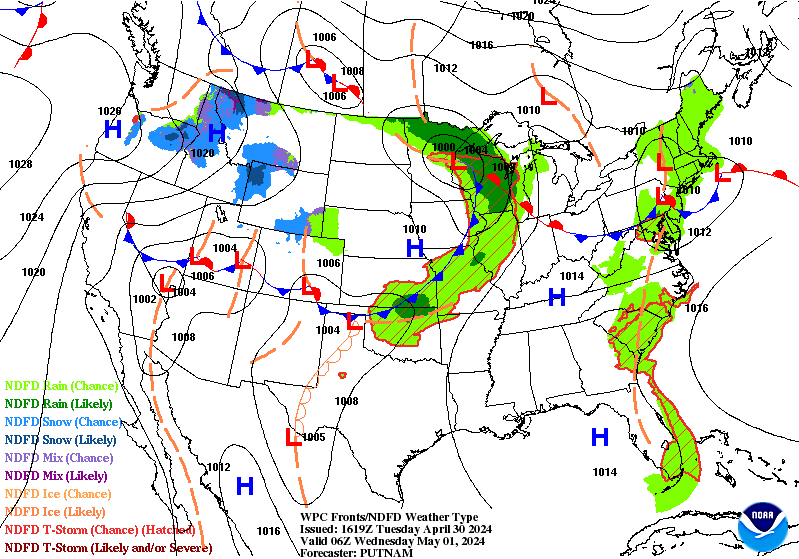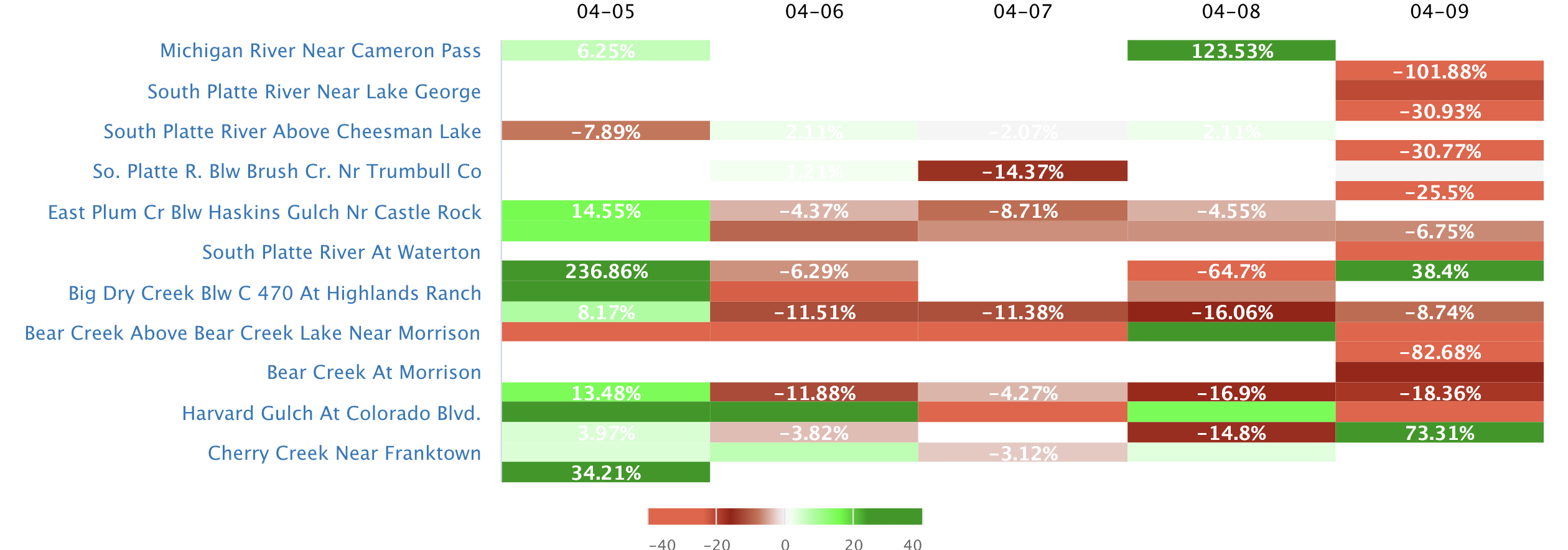Streamflow levels across
Massachusetts
are currently
69.0% of normal, with the
Connecticut R At Interstate 391 Bridge At Holyoke
reporting the highest discharge in the state with
19600cfs and gauge stage of 10.62 ft.
Meanwhile, the
West Branch Westfield River At Huntington
is seeing a spike in streamflows today after experiencing a
4.48%
increase since yesterday, and currently running at
210cfs.
Maximum gauge stage in the state was last observed at the
Mother Brook At Dedham, currently reporting a stage of
82.06ft.
The
Swift River At West Ware
in the
Chicopee
watershed
is surging for this time of year at
615cfs, about
191.93% of normal.
Surface Flow Characteristics
Massachusetts has a humid continental climate with warm summers and cold winters. Major surface flows include the Connecticut, Merrimack, and Charles Rivers, which all have numerous tributaries. The state has several large reservoirs and dams, including the Quabbin Reservoir and the Wachusett Reservoir. The hydrology of Massachusetts is influenced by its varied topography and abundant precipitation, which is evenly distributed throughout the year. Snowpack accumulation in the mountainous areas can impact river flows during the spring snowmelt. In recent years, Massachusetts has experienced more frequent and intense precipitation events, leading to increased flooding and erosion. The state has implemented various measures to manage its water resources, including water conservation programs and the construction of stormwater management systems.
Streamgauge Profile
Statewide Warnings & Alerts

Rivers of Massachusetts
Watersheds of Massachusetts
Popular Whitewater Destinations
| River Run | Status | Streamflow (CFS) | Air Temp (F) |
|---|



 Snoflo Premium
Snoflo Premium